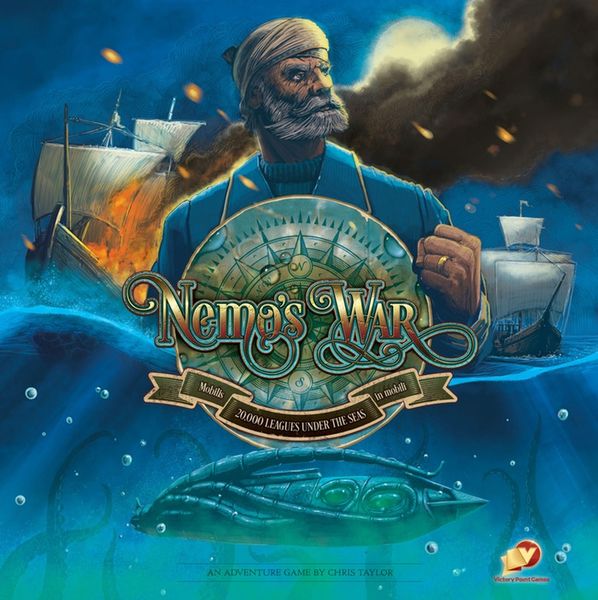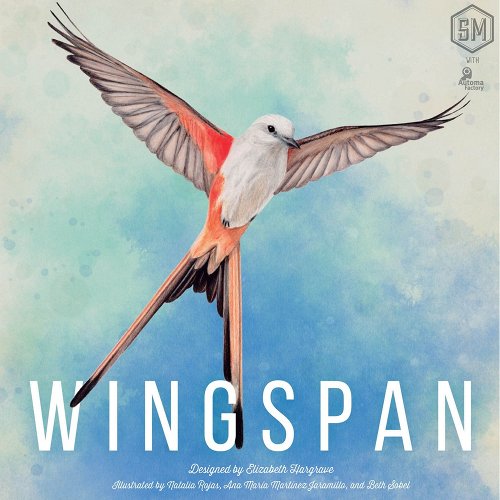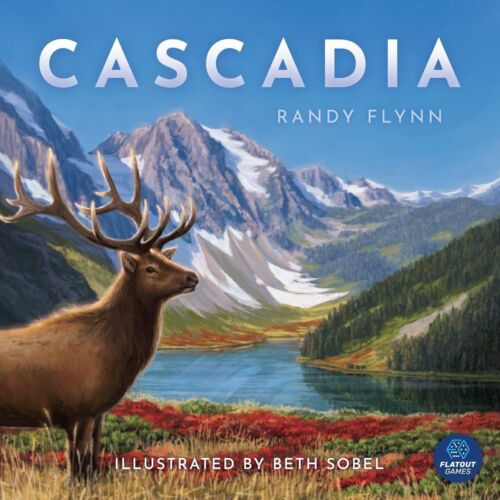Pop quiz:
- What’s one topic you’d really like to learn about?
- How would you like to have it taught to you?
Concerning question two, there are a few obvious choices: books, podcasts, and other ear-centric methods, classes, or lectures.
How about board and card games? I include this one on the list because I’ve seen them work as an effective educational resource in real time.
In November 2020, when my wife got COVID-19 and my whole family was stuck at home, we received a copy of a game called Sleeping Queens from some friends. I read the scant rules, and it seemed simple enough to play with my then-kindergarten daughter. You’re essentially playing king cards to wake up queen cards and tallying your points.
Part of the game involves discarding bad cards from your five-card hand — usually the ones with numbers on them — and hopefully drawing kings or other useful cards in their place. One way to do this is by discarding three cards at a time — so long as they make up a simple addition equation. Have a 3, a 2, and a 5, for example? You can discard them all.
This simple and fun way of teaching arithmetic stuck. Credit where credit is due, this charming little game ended up being a legitimate educational tool for my daughter.
I’ve experienced this in my own way with some of the games I play. There is a reason beyond the fun element. Something about playing well-crafted board games will frequently prompt me to want to dive deeper into the theme. Fiction or nonfiction, it doesn’t matter. If it works well on the table, I’m left wanting to search for books and other materials that can expand upon what I’ve just played.
It’s no different than meeting someone whose passion for a pastime is infectious. Tabletop games can be great hype guys for the themes and concepts they render mechanically.

Take the adventure board game Nemo’s War. Open the rulebook, and you’ll find an educational detour on the second page, adjacent to some of the actual instructions.
The quick bit of text explains how Jules Verne’s classic science fiction book “20,000 Leagues Under The Sea,” the basis for the game, is set during 1870 during the “‘Dark Ages’ for naval development,” a time when ship design ideas and available technology hadn’t quite synced up yet.
Ultimately, the purpose for the rulebook’s micro essay is context. It highlights the factual elements of the world where the fictional game is set. It’s a nice touch that adds another layer of harmony to a game that already hits so many of the right notes for me. Mechanically taut, visually elegant, thematically rich; it’s been on my top 10 list for some time.
But beyond the game’s fun factor, beyond its deep, interesting choices and gameplay, I find the inspiration to go deeper with the subject matter; to find every book about late 1800s naval history and devour them stem to stern.
Other games have this same effect.
Terraforming Mars, a science fiction game about future mega corporations competing to turn the Red Planet into another Terra Firma, was a factor in picking up “Leviathan Wakes,” the first volume in “The Expanse,” a sprawling nine-volume sci-fi series set in our Solar System.
History-based titles such as Black Orchestra and Maquis were gateways to Timothy Snyder’s “Bloodlands,” an emotionally demanding magnum opus about the atrocities committed by the Nazi and Soviet regimes in Eastern Europe during the early 30s through the end of World War II and beyond.

Wingspan had me talking about birds so much that my wife bought me a birding guide. Apex Theropod reawakened my once-acute interest in dinosaurs and paleontology. I devoured titles such as Steve Brusatte’s The Rise And Fall of the Dinosaurs and Riley Black’s The Last Days of the Dinosaurs soon after my first few plays. Cascadia and Parks got me eager to hike, to explore more of Crater Lake and the Cascade-Siskiyou National Monument and finally get down to Castle Crags.

From the perspective of the American Library Association, this cause and effect seems to be the point of International Games Month, an annual November event billed on the organization’s website as “an initiative run by volunteers from around the world to reconnect communities through their libraries around the educational, recreational, and social value of all types of games.”
Note how “educational” is first on that list.
Sometime during my K-12 education — I want to say during my middle school years — I took a quiz to determine my learning style: visual, audio, or kinesthetic. The latter is a learning style that involves touch, movement, and repetition; learn by doing, essentially. My quiz results said that was me, no question.
A couple decades later, as someone who shoots and edits videos for a living and loves meaty board games — both as a pastime and an educational tool — maybe there was something to that.
If you’re interested in learning more about board games as an educational resource or fun factor (or both), know that Jackson County Library Services offers its own board game programs. Whether you’re wanting to seek out a classic or try something newer, check out our events page at https://jcls.libcal.com/calendar.
